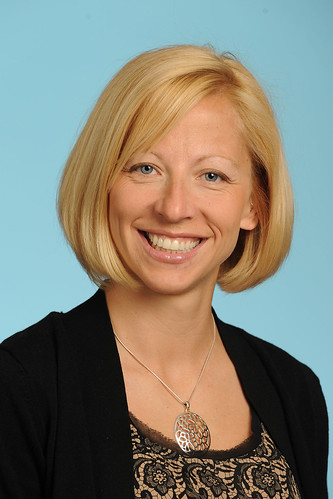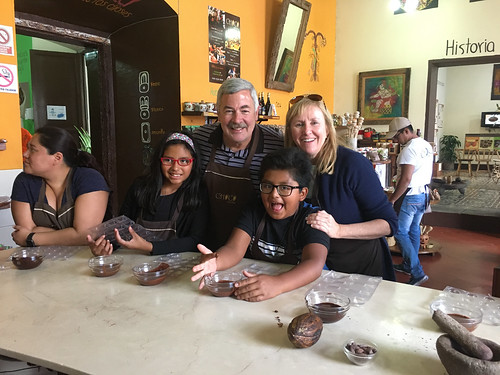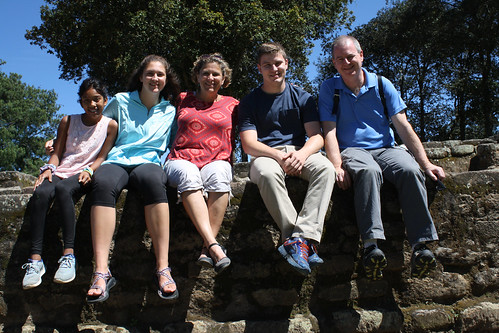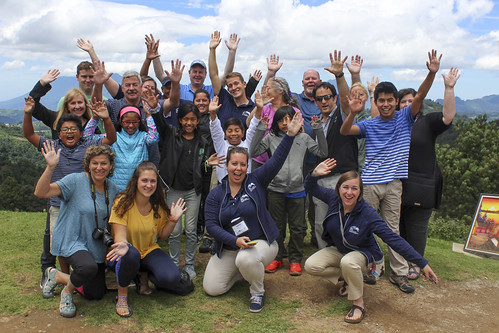Here at Cooperative for Education (CoEd), we believe in connecting people across countries. We believe that encountering the diversity of humanity changes us for the better. It’s a big part of the reason we invite you to visit Guatemala on our project tours each year. The experience of being welcomed, asking questions, grasping hands, and laughing with the students, teachers, and family members you support is one that changes you deeply.
Last year, we offered our inaugural Heritage Tour as a way for individuals and families connected to Guatemala through adoption to reconnect to the country. Mental health therapist Tisha Way Gaynor joined us as an on-tour resource for those who wanted to talk through and process their experiences on the trip.
More recently, Tisha partnered with us to host a webinar for adoptive families who are interested in making heritage trips (to any country, not just Guatemala!). A brief sneak peak of the content of her webinar is included below! Just scroll down.
Ready to watch the webinar?

Tisha Way Gaynor, Mental Health Therapist for the International Adoption Center at Cincinnati Children’s Hospital
What’s your background? How did you get into working with adoptive families?
I received a Bachelors in Social Work at Xavier University (Let’s Go X!) and a Masters in Social Science Administration/Social Work at Case Western Reserve University. After graduation I worked as medical social worker and inpatient adolescent psychiatric social worker at The Cleveland Clinic. After about five years, I decided to return to my hometown of Cincinnati and joined Cincinnati Children’s Hospital. My interest in international work began after participating in a few mission trips to South Africa. When an opportunity became available at the International Adoption Center at Cincinnati Children’s Hospital, I decided that this was a perfect merge of my interests and experience. Seven years later, I have learned so much from the children and families I have worked with. I love supporting children and helping them become who they want to be. My clinical training is in cognitive behavioral therapy, play therapy, trauma, adoption, and neurodevelopment.
What is your role at Cincinnati Children’s International Adoption Center? What do you do on a day-to-day basis?
I am a mental health therapist. Our philosophy is to provide long term support for families, so while we see children when they first arrive home, we also provide counseling and support throughout childhood, adolescence, and early adulthood. Most of my time has been spent counseling children and families of international adoption.
Recently my role transitioned a bit as I spent much of the last two years in China due to my husband’s job. This provided me with the opportunity to pursue growth in research in the IAC. Now that we are back in Cincinnati, I am in a dual role of counseling and research work.
How many families have you worked with who have made heritage trips?
It’s hard to put a number on this! I have worked with many families to help prepare and answer questions as they prepare for and make the decision to travel to their child’s birth country. I have also worked with many families following a trip and helping the adoptee explore the thoughts and feelings that developed from their experience on a trip back to their birth country.
Why are you interested in supporting families making heritage trips? What are some of the benefits of such a trip?
Heritage trips can be a powerful way for adoptees to experience their birth country and a bonding experience for families. The experiences and reactions are unique to each person and can take some by surprise. For many adoptees it can provide much needed connection to their culture and early life experiences. It can also be a stepping stone for adoptees as they begin to explore their identity. Since adoptees can often feel isolated in their communities, it can also provide an opportunity to connect with other adoptees who “get it.”
Trips can also provide a sense of connection for parents.

a tour participant gets fitted in a huipil [pronounced weepeel], part of the indigenous dress of Guatemala
What is the spectrum of experiences that families go through in considering birth country travel (pre, during, and post travel)?
It is not uncommon for parents to have a stronger emotional reaction while in country. Children may be more focused on the “vacation” aspect of the trip or in a more watchfulness state. During the trip parents often identify with their adoption journey and may not expect the level of emotion that it can evoke. Children typically process their experience after the trip and throughout their development. While some children are able to verbalize these feelings, it is more often communicated in changes in behaviors and mood.
Do you have any tips for families considering birth country travel?
Talk early with your child about whether they want to visit their birth country. Research the available tours and style of tours available to determine the best fit for your family. Discuss what the goals are for such a trip. Consider whether this will likely be the only trip your family will make or whether this will be the first of other trips.
What topics do you cover in the webinar for families interested in birth country travel?
We discuss things to consider as parents when exploring the idea of traveling to your child’s birth country, how to talk with your child about their feelings and expectations, and identify common themes families experience from a heritage tour.
In 2017 you served as an on-tour resource for families travelling on Cooperative for Education’s Heritage Tour. Why CoEd? What was your experience on that tour?
This was my first trip to Guatemala, so I was excited to experience the culture and witness the great work that CoEd is doing to support children and families in Guatemala. While I have done a lot of international travel, the beauty of Guatemala is unique. I enjoyed talking with families about their experience in “real time,” supporting and normalizing their feelings, and helping prepare them for what to expect when they returned home.
The Heritage Tour with CoEd allows families to learn about the history of Guatemala and experience the beauty of the country through a variety of excursions. The CoEd staff is very knowledgeable about Guatemala and attends to the travel details. This allows families to bond and focus on their own emotional journey as a family. Families also enjoyed being able to learn about the work CoEd is doing in Guatemala and participate in a service activity with the students.



